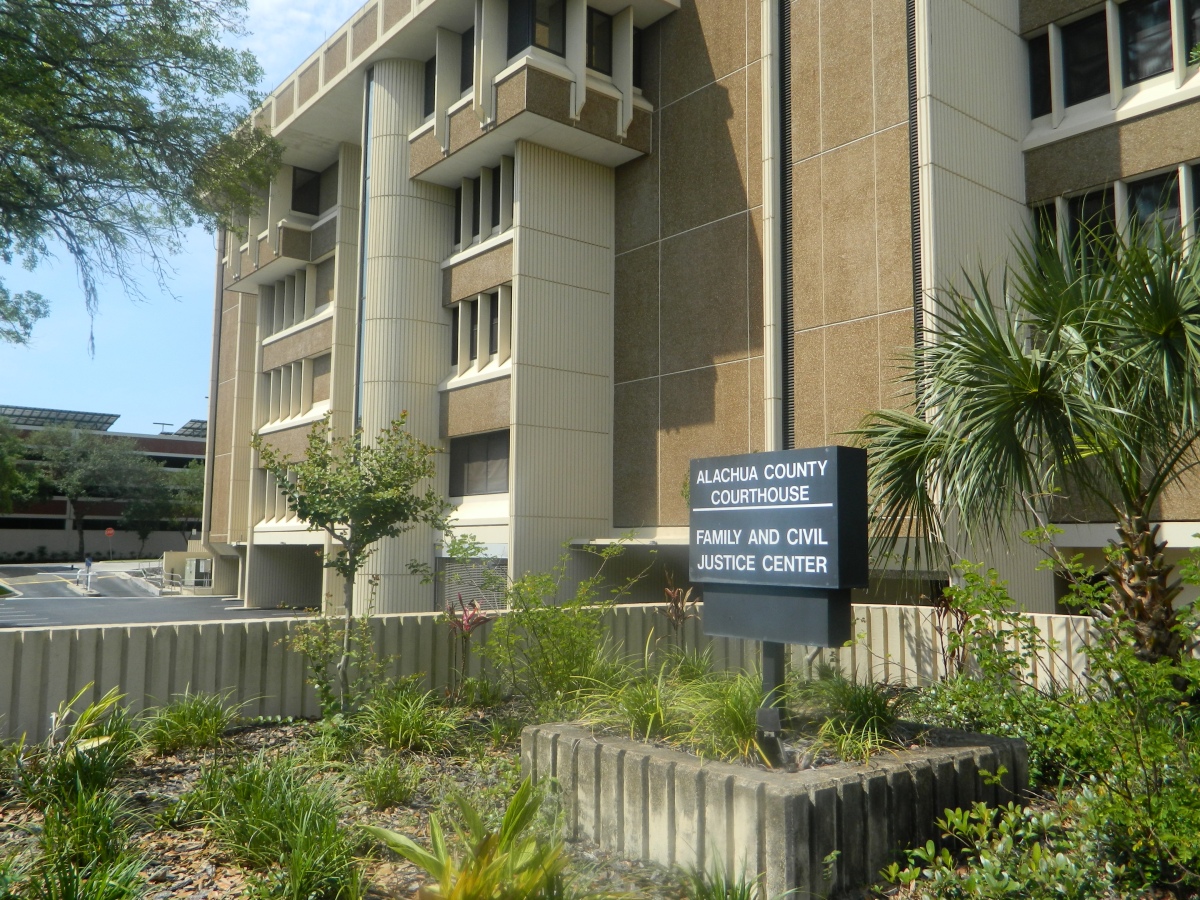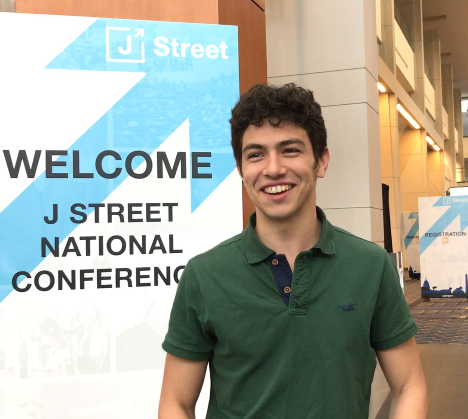A newly proposed Stand Your Ground Law that passed first the Florida senate and now the house has moved back to the senate for finishing touches before heading to the Governor’s desk. The new law will shift the burden of proof from defendants who are required to prove self defense under current judicial law to the prosecution, who will need to prove self defense did not occur. The changing circumstances will make it easier for defendants in murder/manslaughter cases, particularly those involving a firearm, to claim self defense as a means to beat charges.
The Florida NAACP and other organizations are mounting strong opposition to the bill, claiming that is pushes things too far. The NAACP has released multiple statements claiming that the current application of the law is already done in a racially biased manner. Other groups, including gun safety advocates normally allied with the NRA, are saying the new law will give criminals too much leeway to claim self defense when they commit a crime with a gun.
Evelyn Foxx, head of the Alachua County branch of the NAACP, had nothing good about the bill to say either. “This law, adding to what’s already on the books, would be even worse for African Americans and people of color,” she said. Press releases by the Florida NAACP included statistics that 34% of homocides involving a black victim and white shooter were deemed justified under the existing law. The fear is that this is due to a racial bias in the court system, and that strengthening the law will exacerbate the problem and allow even more killers to go free.
Supporters of the bill say that this specific change to the law code is long overdue. Republican lawmakers point to the constitution and the notion that every citizen accused of the crime is presumed innocent until proven guilty. The burden of proof is always on the prosecution and state in every other instance except for claims of self defense. They feel this is a mistake that this new Stand Your Ground law will finally rectify.




